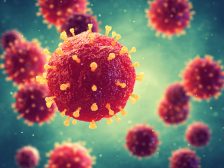Waste management refers to the various schemes to manage and dispose of wastes. It can be by discarding, destroying, processing, recycling, reusing, or controlling wastes. The prime objective of waste management is to reduce the amount of unusable materials and to avert potential health and environmental hazards.
Different activities include collection, monitoring, regulation, and disposal. Waste collection services are often provided for free by the local government. The collected wastes are disposed of by various methods, e.g. by landfill compaction and incineration. Solid wastes, most especially, are incinerated to reduce their volume by 80 to 95%, and to convert them into gas, steam, ash, and heat. However, air pollution is a concern when disposing of wastes by means of incineration.
Thus, other means are encouraged, such as recycling, reprocessing, and re-use. Organic wastes, especially those that are biodegradable, are allowed to be decomposed so that they can be used as mulch or compost in agriculture and the methane gas from the biological degradation be collected and used for generating electricity and heat. Liquid wastes, such as wastewater, undergo treatment producing sewage sludge that can be disposed of by incineration, composting, and landfill. Synonym: waste disposal.
References
- World, T., & Washington, B. (n.d.). Decision Makers’ Guide to Municipal Solid Waste Incineration. Retrieved from https://www.biologyonline.com/wp-content/uploads/attachments/DecisionMakers.pdf
© Biology Online. Content provided and moderated by Biology Online Editors







